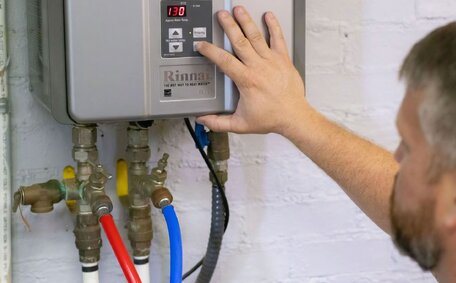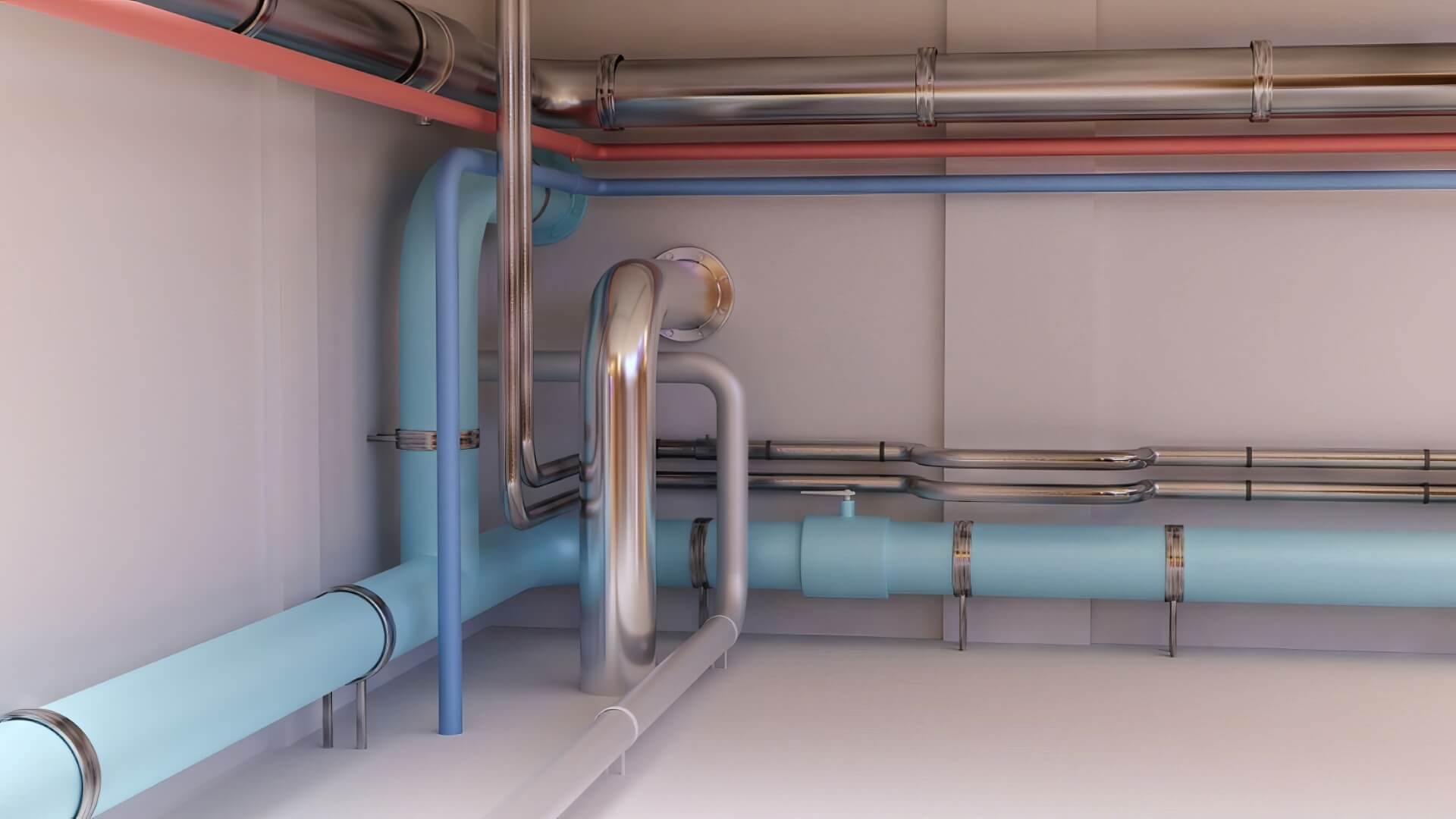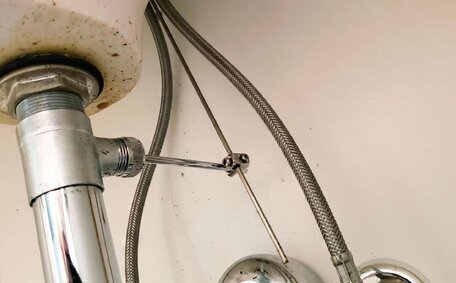Introduction to Common Toilet Blockage Causes
Understanding the common causes of a blocked toilet is essential for maintaining a smooth plumbing system and preventing future issues.
Several factors commonly clog toilets:
- Excess toilet paper
- Paper towels or other unsuitable materials flushed down toilet
- Tree roots growing into your main drain line
- Flushing fats, oils, and grease creates substantial blockages, compromising your toilet and septic system.
- Ageing or faulty toilet trap and plumbing infrastructure
Our licenced technicians are skilled at resolving clogs that fall into the tricky category that prevent a proper flush toilet action, including issues with your water flow throughout the toilet vent. We’re experts at using a toilet auger to unclog your toilet, ensuring it flushes properly again. Our experts can offer valuable guidance to help you avoid clogged toilets from the outset.
If you’re dealing with a stubborn blockage and your toilet keeps clogging, it’s prudent to call a plumber promptly. We serve customers throughout the Glenwood area, especially those whose toilets keep repeatedly clogging.
Flushing Items That Should Not Be Flushed
Flushing unsuitable items is a leading cause of serious blockages in toilets. Common causes of blocked pipes are often objects that are misleadingly labelled as flushable but should never enter the toilet, such as:
- Baby wipes
- Disinfectant wipes
- Paper towels
- Tissues
- Cotton pads/balls
- Dental floss
- Condoms
- Sanitary products like tampons and pads
- Cigarette butts
- Kitty litter
- Prescription medication
Though they may initially pass through the flush, they do not disintegrate like toilet paper. These items can amalgamate over time, causing blockages as they form large, dry masses in the pipes that even the most robust toilets can struggle with. Tree roots can also grab onto these masses within the main sewer, making clogs worse when you flush your toilet.
Dispose of non-flushable products in the trash and familiarise yourself with local disposal regulations. Ensure all household members know the proper way to use facilities like toilet and what should not be discarded down the drain.
For personalised advice on handling clogs in your home or business, get in touch with Glenwood Plumbing today.
Non-Flushable Personal Hygiene Products
Many people incorrectly assume items like wet wipes, cotton balls, and sanitary products can be flushed through the toilet. Personal hygiene products should never be flushed as they can lead to severe clogs in the drainage system.
When non-flushable items are sent down the toilet, they can snag on pipes, amalgamate into large clumps, and cause stubborn clogs. For instance, so-called Flushable wipes can combine with fats and waste, forming solid blockages in your drain.
Why your tampons and pads expand when wet, easily getting lodged in pipes is largely due to their composition resisting breakdown. Contrary to some products’ flushable claims, only toilet paper should be flushed, as it breaks down quickly and prevents complications.
The best practice is to dispose of personal hygiene items in the bin, not the toilet. Furthermore, ensure everyone in the household understands what they can do and what do and do not belong in the toilet, to stave off costly and disagreeable clogs.
For insight into keeping clogs at bay in your plumbing system or support in getting your toilet flowing freely again, the team at Glenwood Plumbing stands ready to assist.
Overusing Toilet Paper
Using excessive toilet paper is among the most common reasons for toilet clogs. Large wads of tissue can accumulate and obstruct the toilet pipes. As more water and waste flow through, these clumps press together into hard, dry 'balls’ that block drainage.
A key rule is to flush only human waste and a reasonable amount of toilet paper to avoid blockages. Whatever the issue, make sure you figure out your best approach, instruct everyone in your home on responsible toilet use, or you might need to call your plumber more often. Encourage gentle dabbing rather than aggressive wiping.
Opt for a soft, fast-dissolving brand that requires less toilet paper yet enhances your toilet paper’s effectiveness. Bargain toilet papers with rough texture and dense materials may not dissolve easily in the toilet bowl. Additionally, refrain from flushing paper products like paper towels, tissues, or wipes, even if the packaging claims they are flushable.
Using too much toilet paper places strain on ageing or faulty plumbing, contributing to toilet clogging over time. For advice tailored to your household’s needs or help getting a toilet flowing freely again, contact Glenwood Plumbing - the trusted local experts.
Low Flow Toilets and Insufficient Water Pressure
Insufficient water pressure, leading to a weak flush in older low flow toilet models, can cause clogs due to an inadequate force to expel waste. However, the compromised flush, where water can fail to expel waste, leads to waste sticking to pipes and amalgamating into blockages over time.
Similarly, When low water pressure hinders toilet flushing, particularly in multi-storey buildings, it’s worth checking the vent pipe as partial flushes may not fully clear the bowl. Tree roots infiltrating compromised drainage infrastructure can also hinder adequate flushing.
Improving flow in older low-flush toilets and ensuring proper pressure can help avoid recurring clogs even when use is frequent. For homes with low system pressure, install a pressure booster pump to increase psi. A skilled plumber can overhaul old low-flow toilets, adjusting the toilet tank mechanics to ensure optimal waste expulsion.
For customised advice to prevent clogs and manage blockages, contact Glenwood Plumbing—experts in addressing low-flow toilets and water pressure issues.
Old and Damaged Pipes
Deteriorating drain pipes are a significant factor in persistent toilet blockages at home. Over time, you might find your drainage lines weaken and become restricted due to:
- Tree roots infiltrating and obstructing pipes
- Settling or shifting of foundations putting strain on joints
- Corrosion and wear from exposure to waste, moisture, and gases
Small misalignments in your bathroom’s soil stack can create turbulence, leading to blockages where debris and waste catch in the pipes. Old pipes may accrue hard water mineral deposits and grease, narrowing the path for waste materials over time.
Installing new PVC piping to replace deteriorated sections of your drain system can eliminate obstructions and enhance flow. With the appropriate tools, a skilled professional can clear blockages from roof vents and other sections of ageing pipes. Upgrading old plumbing, including the plumbing vent, ensures smooth waste transport and significantly reduces future clogs.
For advice on keeping your house drain clear and your home’s plumbing system flowing, or assistance in upgrading troublesome pipes, contact Glenwood Plumbing’s professionals. Our licenced technicians are here for the people who serve Glenwood residents, ensuring you know your plumbing issues are in capable hands.
Intrusion by Tree Roots
Tree root infiltration into cracked or damaged sewer pipes is a leading cause of recurrent toilet clogs. As trees grow over decades, seeking moisture, their roots probe into tiny openings in ageing drainage lines, causing problems for your plumbing. Inside pipes, the gnarled roots expand, obstructing wastewater flow.
As time goes by, a mass of fibrous growths can accumulate, causing blocked passages in sewer lines and snagging waste into toilet.
Any toilet paper or debris enhances the blockage and can get stuck, intensifying the blockage.
Preventative measures can often include pruning encroaching trees, repairing cracked joints, and lining older pipes can halt root ingress. Challenging blockages from roots occur whenever flush activity fails and you find that water does not clear the bowl efficiently. For severe blockages, replacement with new PVC piping is the permanent solution.
Avoid using the wrong type of plunger as it may worsen the blockage in your toilet. Contact a professional plumber for inspection using a drain camera to assess the issue. If you encounter any problems, the Glenwood Plumbing specialists offer advice and assistance for the best plumbing practices, including how to effectively use tools like a toilet plunger.
Preventive Measures To Avoid Future Blockages
Homeowners can take several practical steps to proactively prevent toilet blockages:
- Don’t flush non-dissolvable or bulky items that could clog the toilet. Items like wipes, tissues, dental floss, and hygiene products do not break down as waste toilet paper and what can be more troubling, they can cause clogs.
- Select a toilet paper brand that dissolves quickly, which is especially useful for those who use more and wish to minimise blockages. Excessive use or low-quality paper that does not dissolve readily can accumulate through soil stack.
- Consider installing a toilet guard or drain filter to catch debris before entering pipes.
- Perform regular light plumbing maintenance, for instance, treating your kitchen sink pipes with baking soda/vinegar to remove grease, clearing hair from drains, and pouring hot water to melt fat buildups.
- Have a professional inspect the toilet base and your pipes every 2-3 years using a sewer camera to identify any debris clogging your drain lines. They can identify issues with water your system faces early before blockages occur.
- Upgrade old plumbing over 25+ years to newer PVC piping less prone to cracks and blockages.
- Prune back trees and roots that may infiltrate exterior sewer piping and cause recurrent clogs.
Following these here are a few simple preventive measures here are a few ways to help minimise problems with your toilets. Educate all household members, especially children, about proper toilet usage and what not to flush. Contact the team at Glenwood Plumbing to learn more about how to prevent toilet clogs!
Conclusion and When To Call a Professional Plumber
In summary, common toilet problems often arise from unsuitable materials being flushed, excessive toilet paper use, and the physical deterioration of plumbing.
To understand the reasons why your toilet might be susceptible to clogs, consider preventative measures like light drain maintenance and being careful about what is flushed. However, if blockages persist in your toilet fixtures, it may be time to seek professional plumbing assistance.
The experts at Glenwood Plumbing have seen it all when it comes to tricky toilet clogs. We use high-tech drain cameras to thoroughly inspect drainage systems and determine the exact cause. We can then clear any stubborn obstructions and provide advice exactly what’s tailored to your household’s needs.
Book an appointment with our licensed technicians who serve Glenwood and nearby areas by calling 1300 349 338 or emailing [email protected]. We’re available 24/7 to get your toilet flowing freely again right away, ensuring it’s done right.






